- Informatii telefonice:(+40) 748 400 200
Figuring | Maria Popova
Cod intern: xsales_1386242Producator: Canongate Books Ltd
Vizualizari: 32 / Achizitii: 21
Stoc: In stoc
Pret: 80.0 RON
Acest produs este publicat in categoria Librarie la data de 15-03-2025: 10:03 si vandut de Carturesti. Vanzatorul isi asuma corectitudinea datelor publicate. ( alege finantarea potrivita )
-
Produs cu garantie
-
Livrare direct din stocul fizic al Carturesti
-
Retur gratuit minim 14 zile de la data achizitiei
Figuring explores the complexities of love and the human search for truth and meaning through the interconnected lives of several historical figures across four centuries - beginning with the astronomer Johannes Kepler, who discovered the laws of planetary motion, and ending with the marine biologist and author Rachel Carson, who catalysed the environmental movement. Stretching between these figures is a cast of artists, writers, and scientists - mostly women, mostly queer - whose public contribution has risen out of their unclassifiable and often heartbreaking private relationships to change the way we understand, experience and appreciate the universe. Among them are the astronomer Maria Mitchell, who paved the way for women in science; the sculptor Harriet Hosmer, who did the same in art; the journalist and literary critic Margaret Fuller, who sparked the feminist movement; and the poet Emily Dickinson. Emanating from these lives are larger questions about the measure of a good life and what it means to leave a lasting mark of betterment on an imperfect world: Are achievement and acclaim enough for happiness? Is genius? Is love? Weaving through the narrative is a set of peripheral figures - Ralph Waldo Emerson, Charles Darwin, Elizabeth Barrett Browning, Herman Melville, Frederick Douglass, Nathaniel Hawthorne and Walt Whitman - and a tapestry of themes spanning music, feminism, the history of science, the rise and decline of religion, and how the intersection of astronomy, poetry and Transcendentalist philosophy fomented the environmental movement.

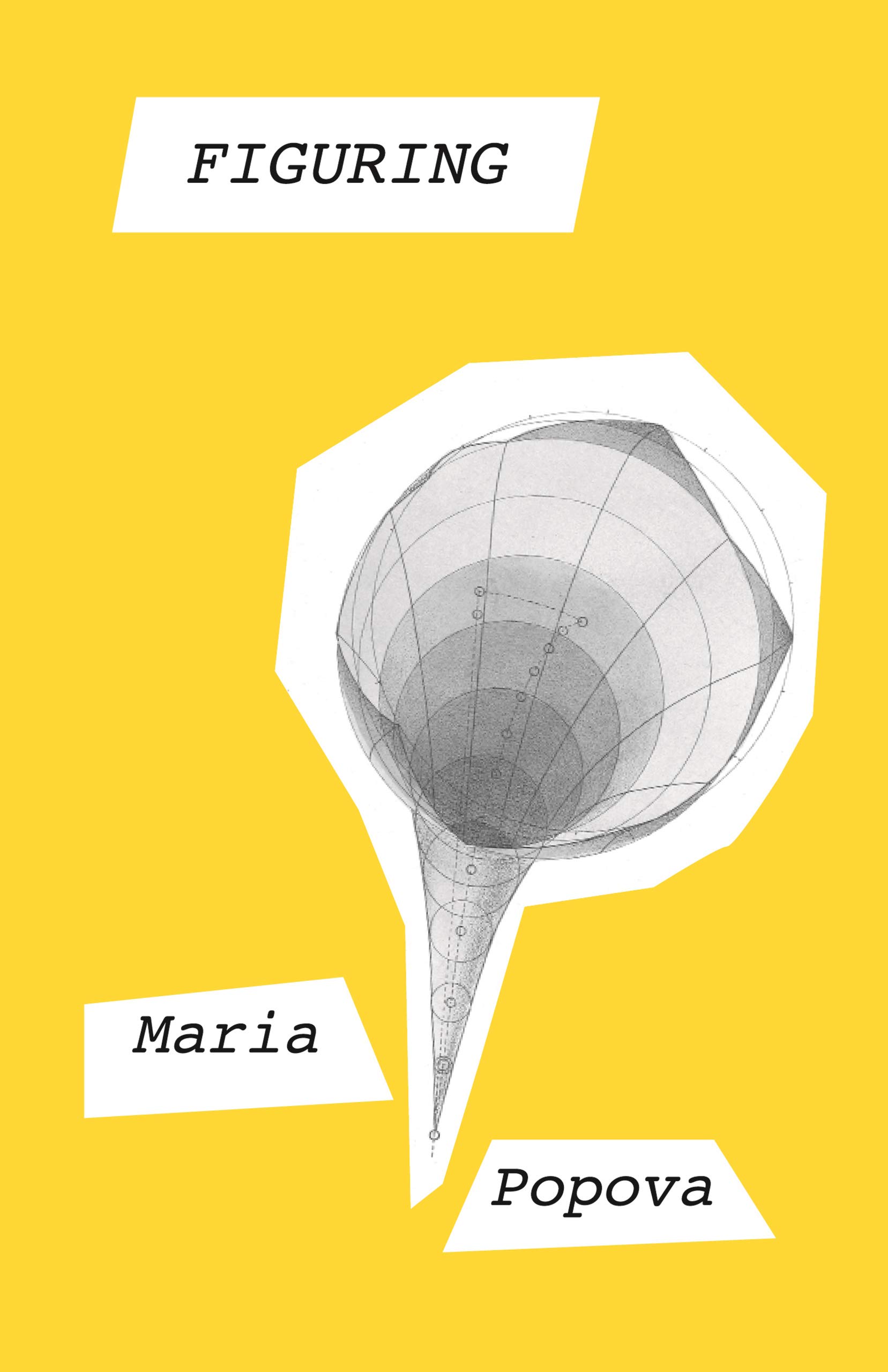









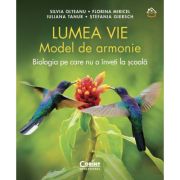


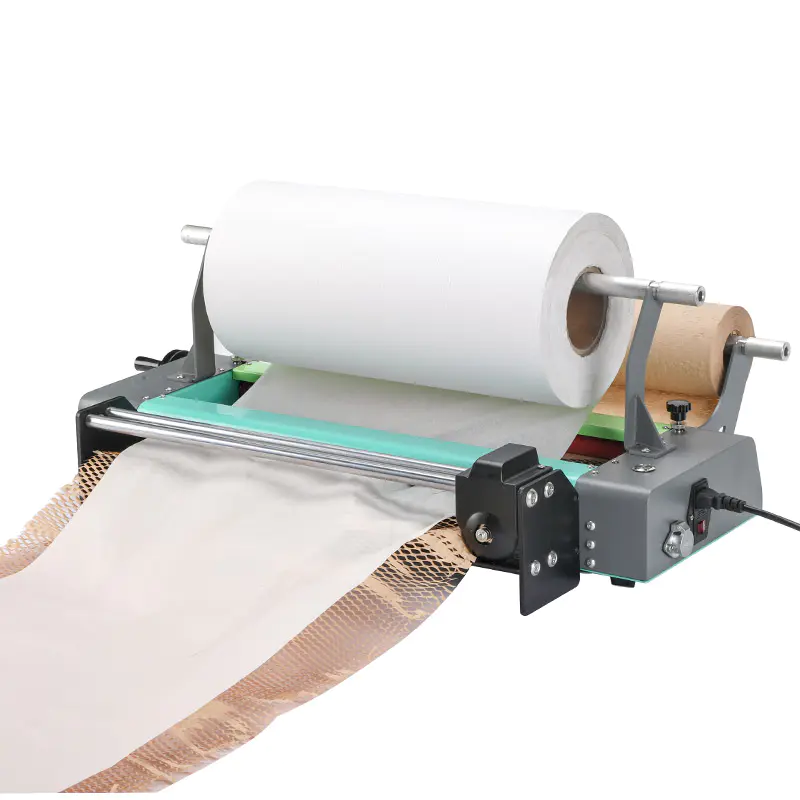




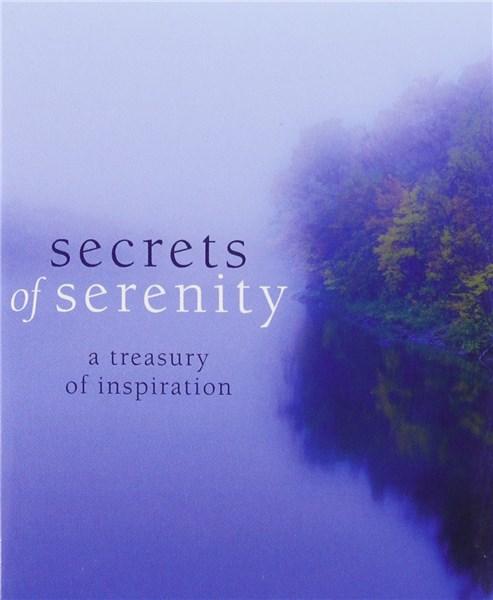





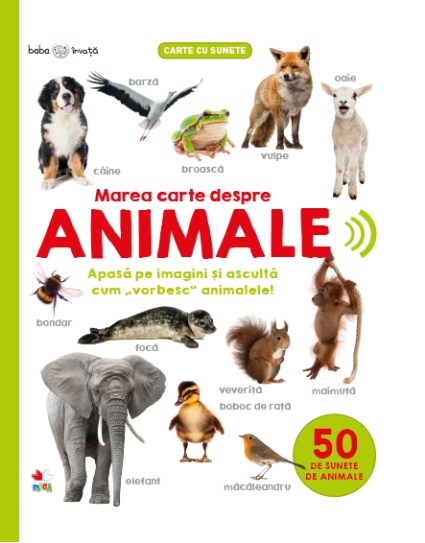

Scrie parerea ta
Figuring | Maria Popova
Ai cumparat produsul Figuring | Maria Popova ?
Lasa o nota si parerea ta completand formularul alaturat.
Figuring explores the complexities of love and the human search for truth and meaning through the interconnected lives of several historical figures across four centuries - beginning with the astronomer Johannes Kepler, who discovered the laws of planetary motion, and ending with the marine biologist and author Rachel Carson, who catalysed the environmental movement. Stretching between these figures is a cast of artists, writers, and scientists - mostly women, mostly queer - whose public contribution has risen out of their unclassifiable and often heartbreaking private relationships to change the way we understand, experience and appreciate the universe. Among them are the astronomer Maria Mitchell, who paved the way for women in science; the sculptor Harriet Hosmer, who did the same in art; the journalist and literary critic Margaret Fuller, who sparked the feminist movement; and the poet Emily Dickinson. Emanating from these lives are larger questions about the measure of a good life and what it means to leave a lasting mark of betterment on an imperfect world: Are achievement and acclaim enough for happiness? Is genius? Is love? Weaving through the narrative is a set of peripheral figures - Ralph Waldo Emerson, Charles Darwin, Elizabeth Barrett Browning, Herman Melville, Frederick Douglass, Nathaniel Hawthorne and Walt Whitman - and a tapestry of themes spanning music, feminism, the history of science, the rise and decline of religion, and how the intersection of astronomy, poetry and Transcendentalist philosophy fomented the environmental movement.
Acorda un calificativ